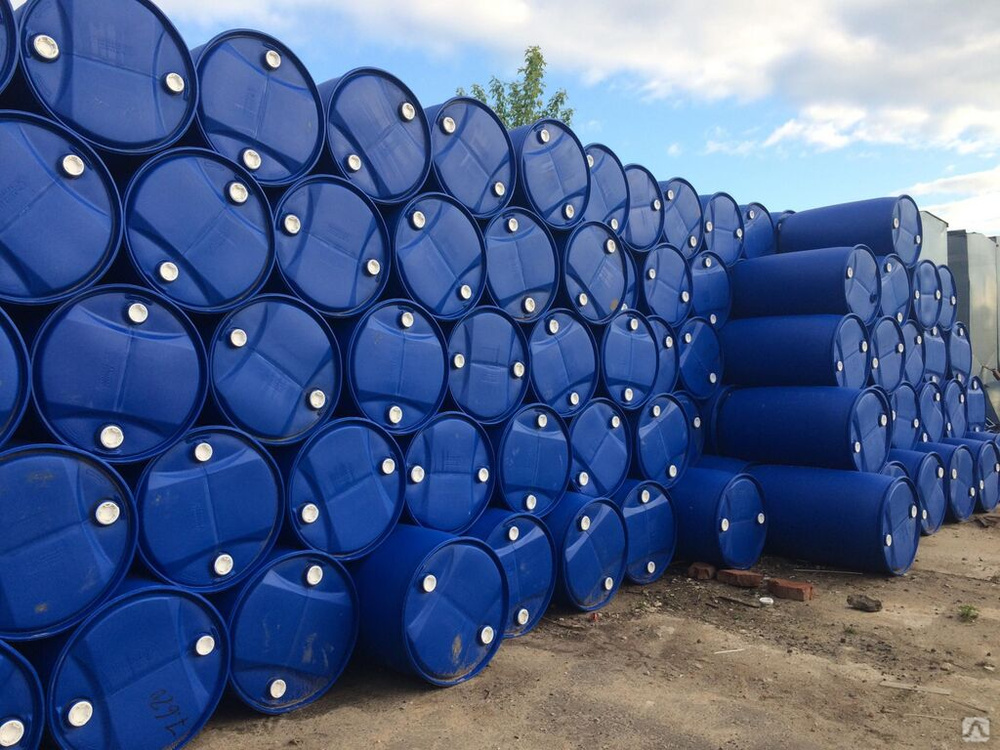Ready-made binder GS-20

Our company has been producing since 2016 The finished binder of the GS-20I brand (STO 12455361-15-2016).
The finished binder GS-20 is a product of partial hydrolysis and condensation of ethyl silicate with target additives in an organic solvent.
The product is intended for the manufacture of ceramic shell molds for precision casting on smelted models.
The finished binder GS-20 can be used as a modifying additive to improve the properties of paint and varnish compositions, namely: adhesion, abrasion resistance, film formation, aesthetics, spreading, storage stability and film strength, as well as as improving additives in bricks and concretes at the stage of their manufacture.
Consumers note the high sedimentation stability of the ceramic suspension, good wettability of both wax and urea models, an increase in the specific strength of ceramics, an increase in the yield of suitable casting, as well as a reduction in in-shop costs by reducing the working time for the preparation of the binder solution.
The experience of implementation at a number of plants has shown that the finished binder GS-20I is a universal product for all types of drying of shell molds – in air, in ammonia chambers or in vacuum-ammonia drying units of the UVS series.
The use of the GS-20I binder does not require any readjustment of the equipment used in foundries or changes in the technical process.
Currently, the finished GS-20I binder is used at such enterprises as JSC “UEC- Perm Motors”, Perm; JSC “MMP named after V.V. Chernyshev”, Moscow; JSC RCC “Progress”, Samara; JSC “PO “Sevmash”, Severodvinsk; PJSC “Tuymazinsky plant of concrete trucks”, Tuymazy, Bashkortostan; JSC “Precision Casting Plant”, Ryazan, etc.
The guaranteed shelf life of the GS-20I binder is 12 months from the date of manufacture.
The product is packaged in 227 l polyethylene barrels of 200 kg each.
1. Elimination of the complex operation of hydrolysis of ethyl silicates, which is unusual for foundries, in which:
– it is difficult to control the chemical composition of the initial components (foundries are often placed in conditions of frequent change of suppliers and nomenclature of raw materials);
– it is difficult to accurately dose their quantity when loading;
– it is difficult to maintain the optimal temperature and time regime of hydrolysis.
2. The finished binder GS-20 replaces the same total amount of a mixture of ethyl silicate-40 and ethyl alcohol, and its cost is noticeably lower than the total cost of an ethyl silicate-alcohol pair;
3. The use of the GS-20 binder does not require any readjustment of the equipment used in foundries or changes in the technical process. Suspension preparation technology, suspension parameters, ceramic mold manufacturing technology is similar to serial technology using hydrolyzed ethyl silicate;
4. The finished binder GS-20 is a universal product for all types of drying of shell molds – in air, in ammonia chambers or in vacuum-ammonia drying units of the UVS series;
5. Increasing the survivability of ceramic suspension due to special modes at the stage of hydrolysis of ethyl silicates;
6. Increasing the sedimentation stability of ceramic suspension;
7. Increasing the strength characteristics of shell forms;
8. Increasing the purity of the surface of castings due to the good wettability of the surfaces of wax models by suspension;
9. Eliminating the need to additionally purchase, store and use organic solvents – alcohols or acetone;
10. Reducing the influence of the human factor on the quality of castings due to the use of a binder stable in composition at the stage of preparation of ceramic suspension;
Release of production areas, equipment and personnel engaged in the preparation of hydrolysis solutions, reduction of energy and water consumption.
The finished binder can be used as a modifying additive to improve the properties of paint compositions, namely: adhesion, abrasion resistance, film formation, aesthetics, spreading, storage stability and film strength.
The addition of 0.1 to 2% by weight of the finished binder to paint and varnish materials (parquet varnishes, drying oils, auto enamel) it can contribute to the formation of fast-drying thermo, weather- and water-resistant coatings with a stable gloss, resistance to light, easy washability of dust and soot, and not having a destructive effect on the applied surfaces.
We recommend paying attention that the pretreatment with a ready binder of porous surfaces (impregnation) prepared for coating can significantly reduce the consumption of paint coatings. And it may also be of interest to give them special properties – resistance against the effects of aggressive chemicals.
The finished binder GS-20I can also be used as an impregnating compound to reduce porosity and give water resistance to various materials (concrete, brick, graphite, asbestos, plaster), as well as as improving additives in bricks and concretes at the stage of their manufacture.
For example, when products are obtained by casting from aqueous mineral suspensions, the product allows to increase the mobility of the casting mass without increasing its humidity. This may be of interest in the manufacture of bricks, ceramic stone or tiles by plastic molding from low-plastic and moderate-plastic clays with increased quarry humidity and provide savings in fuel and energy resources by eliminating the conversion – drying of raw materials before molding ceramic products. At the same time, the disadvantages of clay products with increased quarry humidity due to the traditional use of lime for these purposes are eliminated.
We assume that in the manufacture of bricks, the addition of a finished binder in an amount of 0.1% by weight before the heat treatment stage can help increase the strength of products both in raw and calcined form, and after heat treatment provide an increase in their water resistance.
We also recommend paying attention that the impregnation of finished products with a ready–made binder may be of interest to give them special properties – resistance against the effects of aggressive chemical and biological environments, increased mechanical and transport loads.
